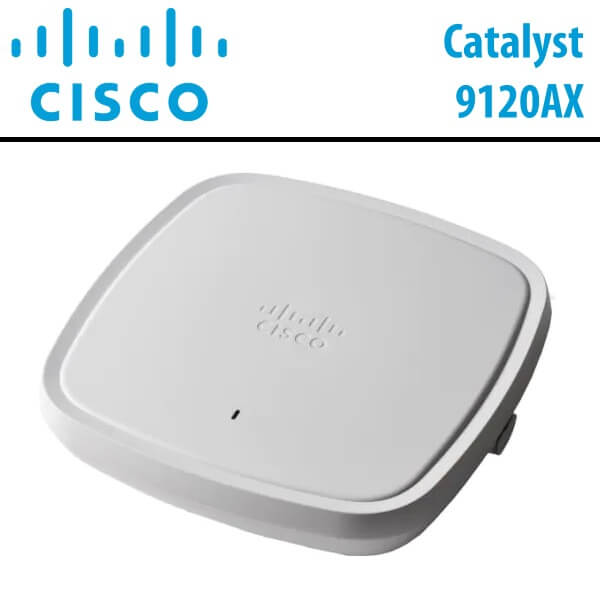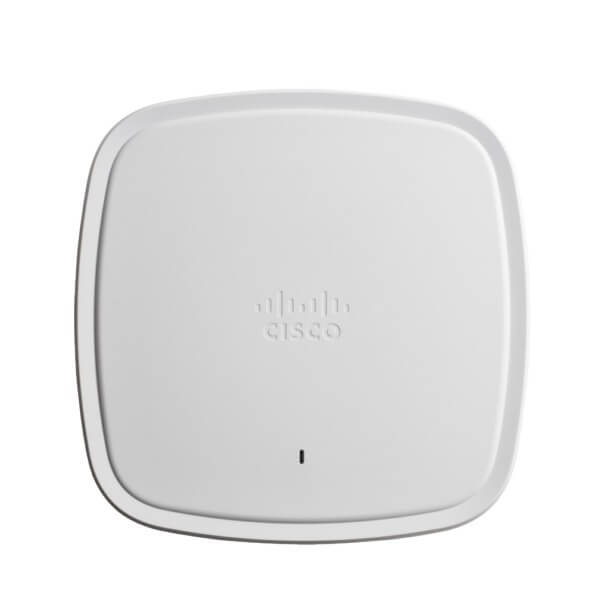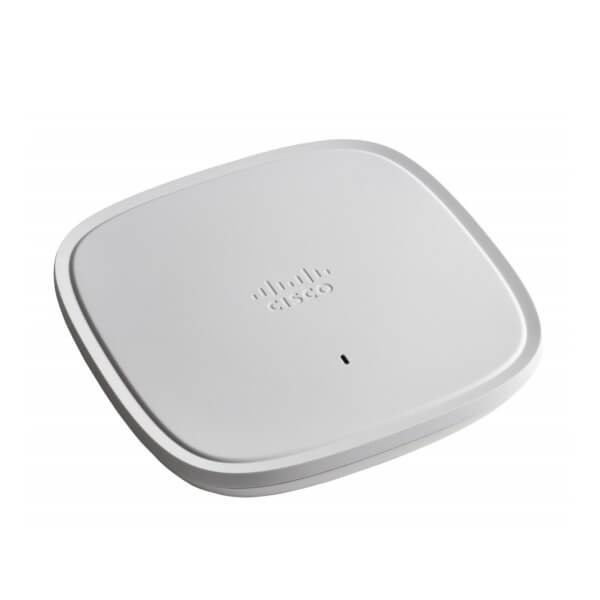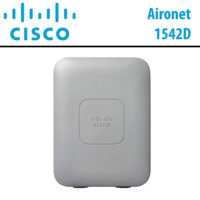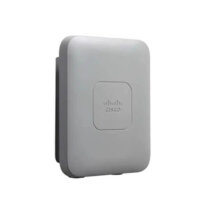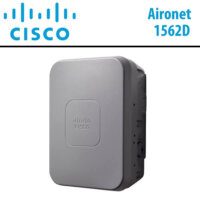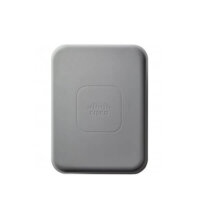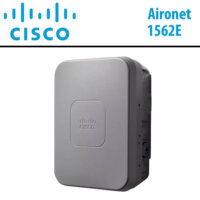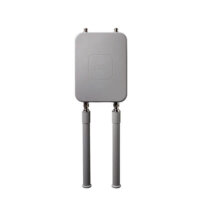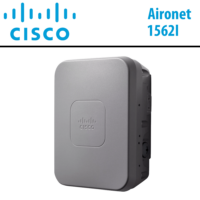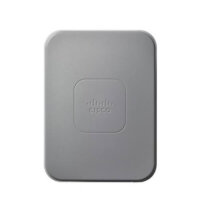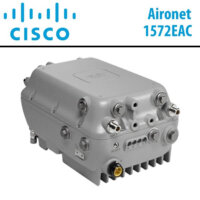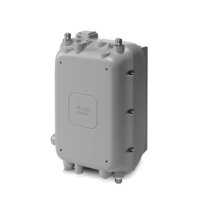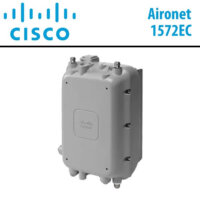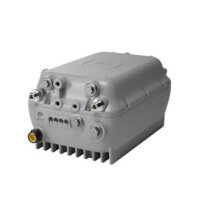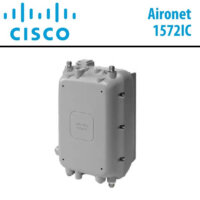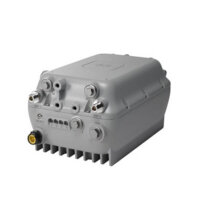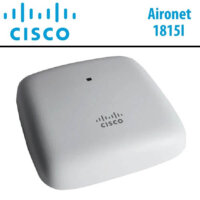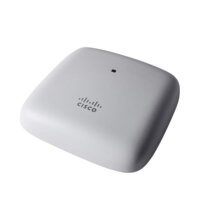Description
Cisco Catalyst9120AX Dubai
The Cisco Catalyst9120AX Dubai Access Points are crafted for mission-critical deployments, featuring dual 5-GHz capability and an integrated IoT radio. Powered by CleanAir technology utilizing the Cisco RF ASIC, the C9120 access point surpasses the Wi-Fi 6 (802.11ax) standard, delivering radio-frequency excellence particularly in high-density environments. These access points exhibit resilience and intelligence, providing integrated security for both mobile and IoT devices. When paired with Cisco DNA, they offer real-time analytics, swift detection and containment of security threats, and networkwide consistency through automation and virtualization.
The Cisco Catalyst9120AX Dubai Access Points are not only resilient, secure, and intelligent but also offer integrated security, resiliency, operational flexibility, and heightened network intelligence. The Cisco Catalyst9120AX Dubai caters to the evolving demands of IoT while fully embracing the latest innovations and modern technologies. Positioned as leaders in performance, security, and analytics, these access points represent the initial phase in upgrading your network, ensuring optimal utilization of the features and benefits offered by Wi-Fi 6.
Features :
OFDMA
The Cisco Catalyst9120AX Dubai features Uplink/Downlink Orthogonal Frequency Division Multiple Access (OFDMA), a technology borrowed from the mobile phone industry. OFDMA vastly improves upon the existing OFDM technology used in Wi-Fi APs. It allows multiple clients to share Wi-Fi channels. This feature can relieve congestion in crowded offices as 802.11 ax stations need not wait to get access to a full channel and instead share the channel with others and get things done.
OFDMA can make the whole WLAN efficient as clients devices with smaller loads that form the bulk of wireless communications can quickly transmit data. Though this feature can only be fully utilized in an environment having only 802.11ax clients, legacy clients can also experience an upside as the air will clear out quickly due to efficient communications happening in 802.11ax ecosystem.
MU-MIMO
Uplink(802.11ax)/Downlink MU-MIMO (2 streams per radio, total 4 streams) helps the AP to communicate with multiple clients simultaneously. This helps the stations to get quick access to the Cisco Catalyst9120AX Dubai, thereby increasing the number of clients that can be served by an AP. This feature generally improves airtime efficiency and speed for all the clients.
1024 QAM
The Cisco Catalyst9120AX Dubai Wi-Fi 6 AP can support 1024 QAM, which means faster data communications than currently possible. But to achieve such speeds, noise free environments will be needed along with closer ranges between access points and clients. Such requirements make it practically impossible to achieve the stated speeds in crowded environments that need constant Wi-Fi signal management.
BSS Coloring
This Cisco Catalyst9120AX Dubai wall plate AP supports BSS Coloring feature of the Wi-Fi 6 standard. BSS Coloring feature has been carried forward from the 802.11ah “Wi-Fi HaLow” standard and it identifies each access point in a WLAN with a unique identifier called ‘color’. This helps client stations to safely ignore communications in neighboring access points with a different color and below a threshold power level, and keep transmitting. This speeds up communications as clients need not stop data transfers to access points due to transmissions happening else where in the WLAN network in the same channel. This greatly helps to overcome limitations posed on wireless communications by existing co-channel interference safe guards.
Target Wake Time
Target Wake Time is another feature inspired from the 802.11ah IoT standard. This feature helps the Cisco Wi-Fi Dubai to wake up clients based on a pre-negotiated time interval to receive data. The clients can sleep during other times, helping them to save battery. This feature can greatly help customers choosing this access point for IoT applications.
Technical Specs
| Description | Cisco Catalyst 9120AX Access Point, internal antennas; Wi-Fi 6; 4×4 :4 MIMO, E Domain |
| Software |
|
| Supported wireless LAN controllers |
|
| 802.11n version 2.0 (and related) capabilities |
|
| 802.11ac |
|
| 802.11ax |
|
| Integrated antenna | Flexible radio (either on 2.4GHz or on 5GHz)
Dedicated 5GHz radio 5 GHz, peak gain 4 dBi, internal antenna, omnidirectional in azimuth |
| External antenna (sold separately) |
|
| Smart Antenna Connector |
|
| Interfaces |
|
| Indicators | Status LED indicates boot loader status, association status, operating status, boot loader warnings, and boot loader errors |
| Dimensions (W x L x H) | Access point (without mounting brackets) : C9120I : 8.5 x 8.5 x 1.7” (21.6 x 21.6 x 4.3 cm) |
| Input power requirements |
|
| Environmental | Cisco Catalyst 9120AXI
|
| System memory |
|
| Available transmit power settings | 2.4 GHz
5 GHz
|
| Frequency band and 20-MHz operating channels | E (E regulatory domain) :
|
